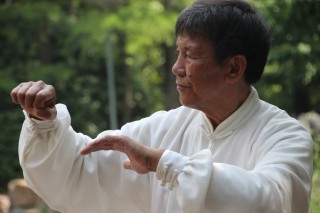Expression or not expression
If we are not familiar with the body language when we are communicating with Chinese, we are likely to misunderstand other people. So it’s very important to understand the differences of body language between South Europe and Chinese, be aware of the manners and the standards in order to avoid communicative barrier or even failure.
The main difference between………..
http://www.google.de/imgres?imgurl=http%3A%2F%2Fpepegins.files.wordpress.com%2F2013%2F01%2Fchina-body-language.jpg&imgrefurl=http%3A%2F%2Fpepegins.com%2F2013%2F01%2F13%2Fbody-language-iv%2F&h=645&w=1189&tbnid=yiNTqe3cje34uM%3A&zoom=1&docid=RD1bGa4z09NjxM&ei=j9OEU-3mLsfE4gSZ6IDQAQ&tbm=isch&iact=rc&uact=3&dur=2743&page=1&start=0&ndsp=18&ved=0CGcQrQMwBQ
Read More







